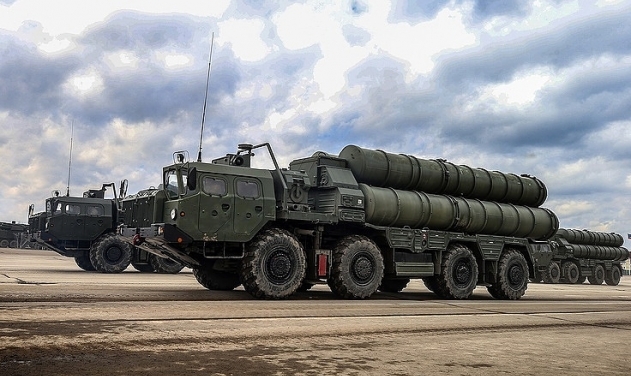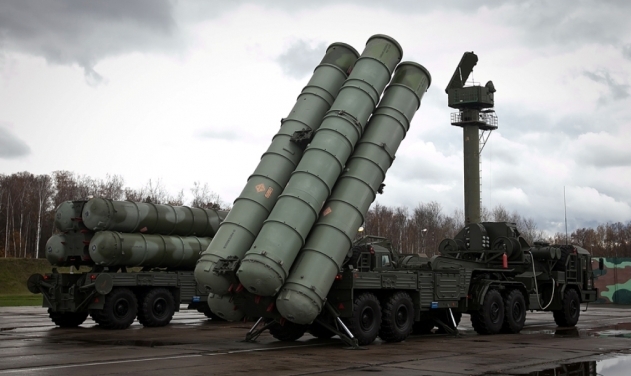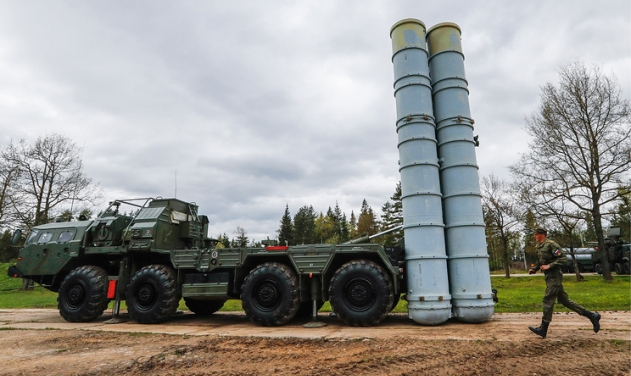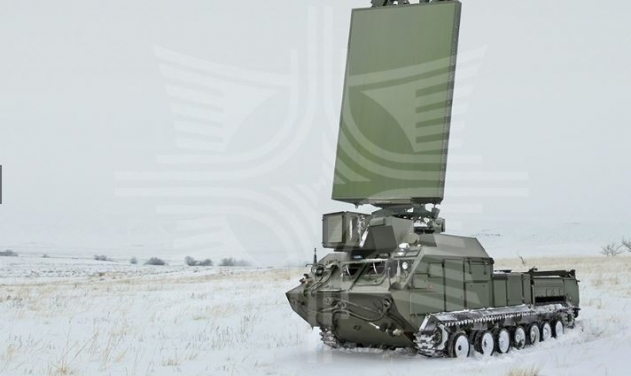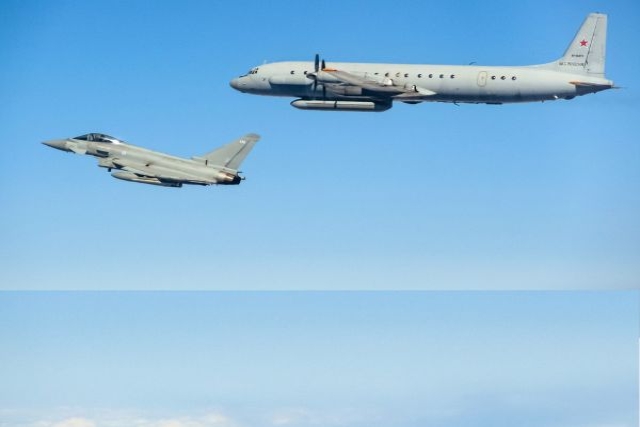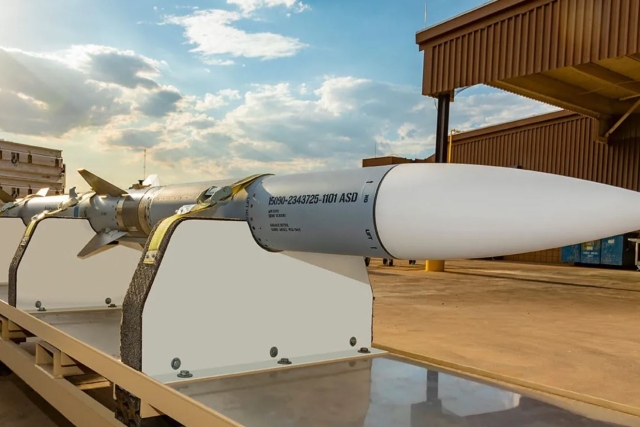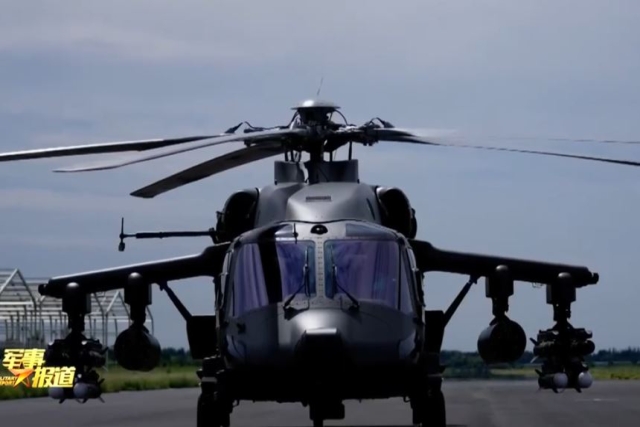Russian S-400 Capability Overrated: Swedish Defense Research Agency
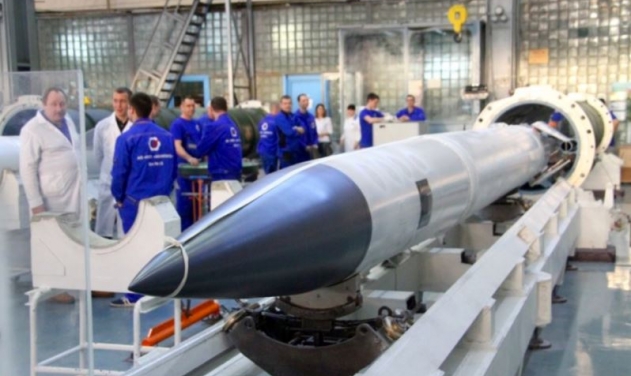
Swedish Defense Research Agency, FOI in its recent report states that the range of the Russian S-400 Triumf air defence system and its capability to counter counter-measures is overrated.
According to the report, “Bursting the Bubble? Russia´s A2AD-Capabilities in the Baltic Sea Region”, published on Monday, FOI states that the actual range of the Russian S-400 anti-aircraft system, which is promoted as having a range of 400 kilometres, is actually 150-200 kilometres, the report stated.
A2/AD is a military buzzword for the ability to deter, at a distance, an enemy’s deployment in a geographic area.
“The S-400 air defence system is often claimed to have a 400-km range, but FOI’s technical experts estimate that the effective range against maneuvering targets at low altitude is much less, even down to 20 km for smaller targets hugging the terrain,” according to the report.
“In our report we establish that Russia’s A2/AD capability is less effective than what is claimed by either the Russian military or the Western press. For one thing, it’s more difficult than many people think to detect and strike a target that’s tens of kilometres away,” says Robert Dalsjö, Deputy Research Director at FOI, who wrote the report with Michael Jonsson.
The S-400 uses four missiles of different range capabilities: the very-long-range 40N6 (400 km), the long-range 48N6 (250 km), the medium-range 9M96E2 (120 km) and the short-range 9M96E (40 km).
According to the report, the missile with a purported 400-km range, the 40N6, is not yet operational and has been plagued by problems in development and testing. In its current configuration, the S-400 system should mainly be considered a threat to large high-value aircraft such as AWACS or transport aircraft at medium to high altitudes, out to a range of 200-250 km. In contrast, the effective range against agile fighter jets and cruise missiles operating at low altitudes can be as little 20- 35 km.
The report also analysed several possible countermeasures for Russian A2/AD-capabilities. Russian capabilities are mainly based on three systems: the S-400 anti-aircraft system, the Bastion anti-ship system, and the Iskander ballistic missile system for use against land targets.
There are several measures for countering A2/AD systems. Some are passive, such as flying around the coverage area of sensors, or stationing troops at a location in good time. Others are active countermeasures, both “soft,” in the form of electronic jamming or chaff dispersed from aircraft, and “hard,” where portions of overall capability are physically knocked out, the report stated.
“One can neutralise an entire system by knocking out just one link in a functional chain, for example a data link or fire-control radar. And since seeing over the horizon requires airborne radar, it may then be enough to shoot down the radar aircraft,” says Robert Dalsjö.
However, making Russia’s A2/AD capability into a manageable problem requires commitments, according to the report.
“Western armed forces have long been fighting against poorly equipped adversaries, such as for example the Taliban. Thus, capacity-building and investments are now required in areas such as electronic warfare, countermeasures and guided weapons,” concludes Dalsjö.

